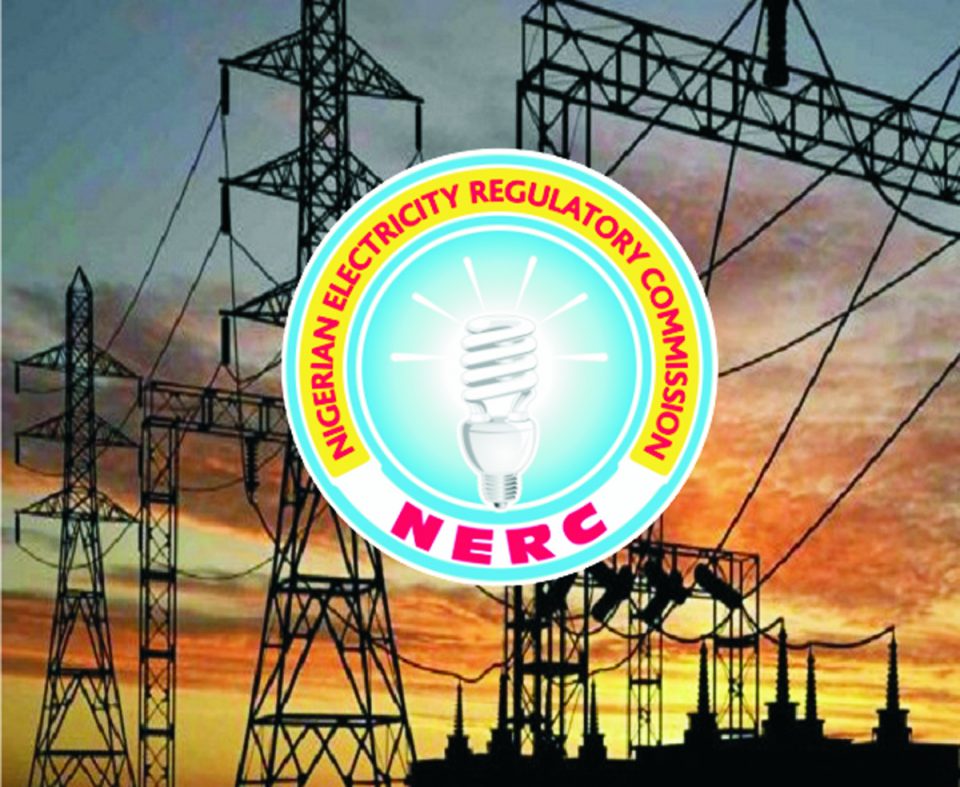**Discos get 10-day deadline for meter installation
The Nigerian Electricity Regulatory Commission (NERC) yesterday confirmed a THISDAY exclusive report on the the September 1 take-off date for the new electricity tariffs regime approved by President Muhammadu Buhari.
In a note titled: “Answers to Frequently Asked Questions,” the regulatory agency clearly stated that the Service-Based Tariff (SBT) regime will now commence from the beginning of next month, adding however that the “poor” would not be affected by the expected increase.
But the review however runs contrary to the National Assembly’s position that there should be no further action on the planned increase until the first quarter of next year.
The lawmakers had argued that the timing was wrong, given that Nigerians are already suffering under the yoke of the COVID-19 pandemic.
However, NERC insisted that there will never be a good time for the review, stating that it will ensure that Discos improve on the quality of service as well as a 10-day deadline to install meters for power consumers who pay upfront.
“There will never be a good time to review the tariff. The interest here is to ensure that Nigerians are migrated to a threshold where there will be continuous improvement in the quality of service delivery.
“The proposed serviced-based tariff review which comes into effect by 1st September 2020 will only affect customers that live in areas where their Discos promise to provide them electricity for at least 12 hours.
“The SBT will operate a progressive regime-the customers that receive the highest quality of service (12-24 hours per day) will pay the highest tariff. Customers that receive under 12 hours of service per day will continue paying their current tariff, that is, no increase on September 1,” the regulator noted.
NERC insisted that the SBT is designed to protect the poor, noting that only the wealthy customers in the areas that receive over 12 hours service will experience tariffs increase.
It noted that the service-based tariff will relieve the government of paying electricity subsidy on the rich and allow it to divert scarce resources to more pressing sectors, including education and healthcare.
“The tariff review is only expected to affect less than the richest 25 per cent of the population living in the most prosperous areas of the country. The richest 10 per cent of the population will cover as much as 50 per cent of tariff increase” it added.
NERC reiterated that when the deal with Siemens becomes operational, it will improve the power supply in the country, noting that the World Bank, ministry of finance , budget and national planning as well as the Central Bank of Nigeria (CBN) were working towards an extensive mass metering programme to close the gap by providing as many as 6 million meters .
It said that the service reflective regime is built around the incremental improvement in the quality of supply, stating that depending on the historical supply pattern, customers will observe increased hours of supply as the Discos migrate them to higher service bands . “Ultimately, customers will pay for service commensurate to the number of hours they receive,” NERC maintained.



